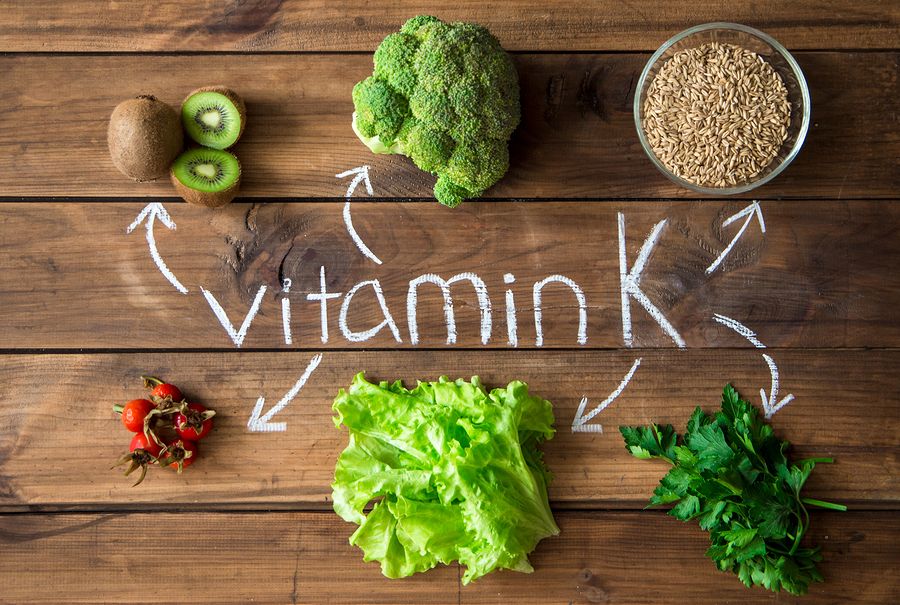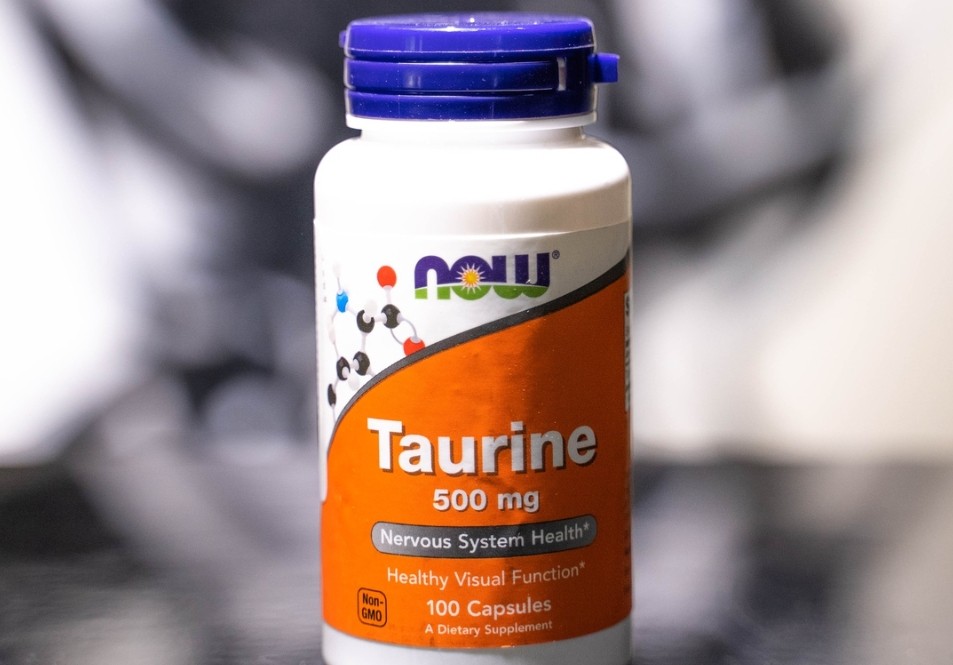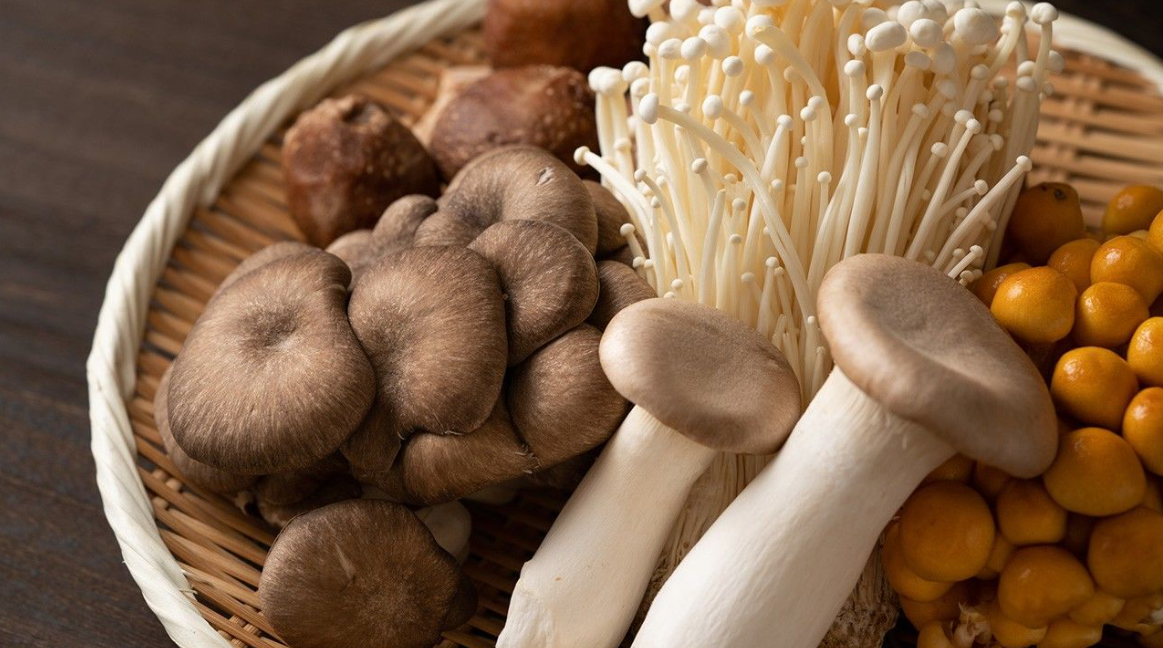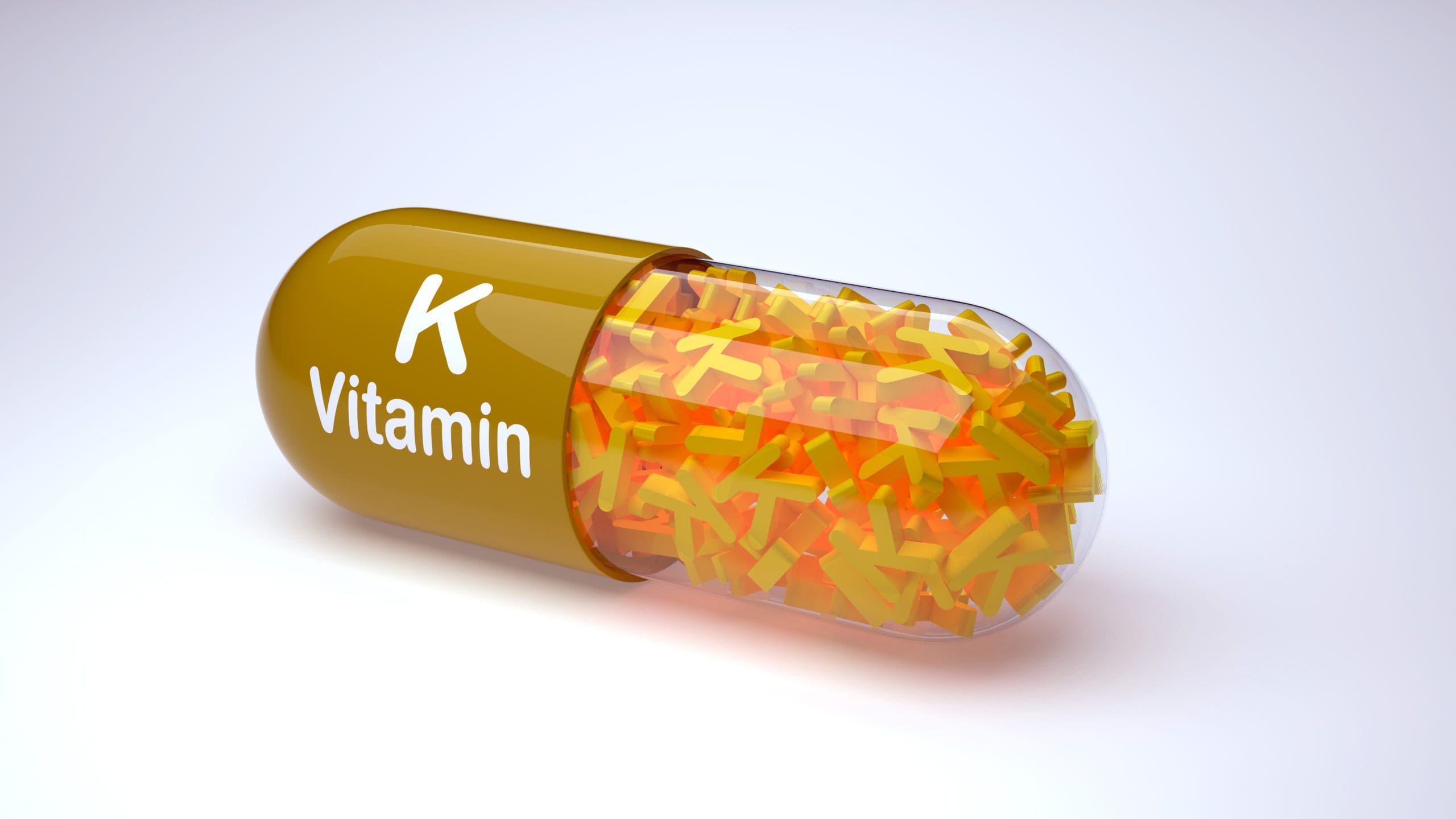Introduction
Vitamin C, also known as ascorbic acid, is a water-soluble vitamin that plays a crucial role in maintaining good health. It’s a vitamin that most people are familiar with, often associated with preventing and treating the common cold. However, the benefits of vitamin C go far beyond just fighting off a cold. In this comprehensive guide, we will explore the multifaceted advantages of this essential nutrient, ranging from its immune-boosting properties to its role in collagen production, as well as its potential for preventing chronic diseases and improving skin health.
Immune System Support
One of the most well-known benefits of vitamin C is its ability to boost the immune system. It acts as an antioxidant, helping to protect cells from damage caused by free radicals. Additionally, vitamin C is crucial for the production of white blood cells, which are essential for fighting off infections and illnesses. Regular intake of vitamin C can reduce the duration and severity of colds and other common infections.
Antioxidant Properties
Vitamin C is a potent antioxidant, which means it helps neutralize harmful free radicals in the body. Free radicals are unstable molecules that can cause damage to cells, proteins, and DNA, leading to various health issues and accelerating the aging process. By scavenging these free radicals, vitamin C helps protect the body from oxidative stress and its associated health risks, including cancer and heart disease.
Collagen Production and Skin Health
Vitamin C is a critical element in collagen synthesis. Collagen is a protein that plays a key role in maintaining the health and integrity of our skin, hair, and nails. It is essential for wound healing and maintaining the structure of connective tissues. Vitamin C helps the body produce collagen, leading to healthier, more youthful-looking skin and the prevention of conditions like scurvy, which result from collagen deficiency.
Cardiovascular Health
Vitamin C has been associated with a reduced risk of heart disease. It supports heart health by contributing to the dilation of blood vessels and helping to regulate blood pressure. Moreover, it may assist in reducing levels of LDL (bad) cholesterol, thereby decreasing the risk of atherosclerosis and heart attacks.
Hypertension Management
High blood pressure, or hypertension, is a common and serious health condition. Vitamin C has been shown to have a blood pressure-lowering effect. It helps relax the blood vessels, which, in turn, reduces the pressure exerted on their walls. This effect may be particularly beneficial for individuals with hypertension
Reduced Risk of Stroke
Studies have indicated that higher vitamin C intake is associated with a reduced risk of stroke. This may be due to its role in maintaining healthy blood vessels and reducing the risk of blood clots. By protecting against strokes, vitamin C contributes to improved overall brain health.
Enhanced Iron Absorption
Vitamin C enhances the absorption of non-heme iron, the type of iron found in plant-based foods. This can be particularly beneficial for individuals who follow a vegetarian or vegan diet, as they may be at a higher risk of iron deficiency. Including vitamin C-rich foods in your meals can help maximize iron absorption and prevent anemia.
Wound Healing
The body’s ability to repair and regenerate tissue is vital for wound healing. Vitamin C plays a critical role in this process. It is necessary for the formation of new blood vessels and connective tissue, both of which are crucial for wound healing. Vitamin C can also help the body produce collagen, which is essential for the formation of scar tissue and the closure of wounds.
Cognitive Function
There is evidence to suggest that vitamin C may support cognitive function and reduce the risk of cognitive decline. As an antioxidant, it protects brain cells from damage caused by oxidative stress. Additionally, vitamin C is involved in the production of neurotransmitters, which are essential for healthy brain function.
Reduced Risk of Gout
Gout is a painful type of arthritis that is caused by the accumulation of uric acid crystals in the joints. Higher vitamin C intake has been associated with a reduced risk of gout. This may be because vitamin C helps lower uric acid levels in the blood, preventing the formation of painful crystals.
Cancer Prevention
While more research is needed in this area, some studies have suggested that vitamin C may play a role in cancer prevention. As an antioxidant, it can help protect cells from DNA damage that can lead to cancer. Additionally, vitamin C may stimulate the immune system to fight off cancer cells more effectively.
Weight Management
Maintaining a healthy weight is crucial for overall well-being. Vitamin C may aid in weight management by influencing the body’s ability to burn fat during exercise. Some studies have suggested that individuals with adequate vitamin C levels may burn more fat during moderate-intensity exercise than those with lower levels.
Asthma Symptom Management
Asthma is a chronic respiratory condition characterized by inflammation and narrowing of the airways. Vitamin C may have a role in managing asthma symptoms. It is believed to reduce the severity of respiratory symptoms and improve lung function, making it a potential complementary therapy for asthma sufferers.
Eye Health
Vitamin C is important for maintaining healthy eyes. It can help prevent the development of cataracts and slow down the progression of age-related macular degeneration (AMD). These conditions can lead to vision impairment and blindness in older adults.
Skin Aging and UV Protection
In addition to its role in collagen production, vitamin C can also protect the skin from the harmful effects of ultraviolet (UV) radiation. UV exposure can lead to premature aging, including wrinkles and age spots. Vitamin C’s antioxidant properties help neutralize free radicals generated by UV rays, reducing the risk of skin damage.
Immune System Modulation
Vitamin C’s immune-boosting properties go beyond just preventing colds. It has been shown to modulate the immune system, helping to regulate the body’s immune response. This can be particularly beneficial for individuals with autoimmune conditions, where the immune system is overactive and attacks the body’s own tissues.
Allergy Symptom Relief
If you suffer from allergies, vitamin C might be a helpful addition to your arsenal of remedies. It can act as a natural antihistamine, reducing the severity of allergy symptoms such as runny nose, sneezing, and itching.
Stress Reduction
Stress can take a toll on the body, both physically and mentally. Vitamin C may help reduce stress by lowering levels of the stress hormone cortisol. When under stress, the body’s vitamin C stores are rapidly depleted, so ensuring an adequate intake is crucial during stressful periods.
Bone Health
While vitamin C is not as well-known for its role in bone health as calcium and vitamin D, it is still important. Collagen, which vitamin C helps produce, is a crucial component of bone tissue. By contributing to collagen formation, vitamin C supports bone strength and may reduce the risk of fractures.
Pregnancy and Fetal Development
Pregnant women need an adequate intake of vitamin C to support fetal development. It is essential for the growth of the baby’s bones, skin, and connective tissues. Additionally, vitamin C may help reduce the risk of complications during pregnancy, such as pre-eclampsia.
Gum Health
Vitamin C is essential for maintaining healthy gums. A deficiency can lead to bleeding gums and, eventually, gum disease. By supporting collagen production, vitamin C helps keep gum tissue strong and resilient.
Enhanced Endurance and Exercise Performance
For individuals who engage in regular physical activity, vitamin C may offer benefits for endurance and exercise performance. It has been shown to reduce muscle soreness and fatigue, allowing for more extended and effective workouts.
Mental Health Support
Emerging research suggests a connection between vitamin C and mental health. Some studies indicate that vitamin C may have a role in reducing symptoms of depression and anxiety. However, more research is needed in this area to establish a clear link.
Respiratory Health
Vitamin C may offer some relief to individuals with chronic respiratory conditions like chronic obstructive pulmonary disease (COPD). It can help improve lung function and reduce symptoms such as shortness of breath.
Reduced Risk of Kidney Stones
Kidney stones can be excruciatingly painful and are often caused by the accumulation of mineral crystals in the urinary tract. Vitamin C may reduce the risk of kidney stones by increasing the solubility of these minerals, making it less likely for stones to form.
Enhanced Post-Operative Recovery
Following surgery, the body requires additional nutrients for optimal healing. Vitamin C is crucial during this time, as it supports collagen formation, wound healing, and the body’s overall recovery process.
Reduced Risk of Osteoarthritis
Osteoarthritis is a common joint condition that results in pain, stiffness, and decreased mobility. Vitamin C may play a protective role by reducing the risk of developing osteoarthritis and by alleviating symptoms in those already affected.
All-Encompassing Skin Care
In the world of skincare, vitamin C is a popular and effective ingredient. It can help reduce the appearance of wrinkles, fine lines, and age spots. Moreover, it brightens the skin, promoting a youthful and radiant complexion.
Alleviation of Eczema Symptoms
Eczema is a skin condition characterized by itchy, inflamed patches of skin. Vitamin C may help relieve some of its symptoms and promote skin healing. Its antioxidant properties can reduce inflammation and redness.
Improved Hair Health
Vitamin C supports the production of collagen, which is not only beneficial for the skin but also for hair health. It strengthen the hair shaft, reducing the risk of breakage and promoting the growth of healthy, shiny hair.
Longevity and Aging Gracefully
While the fountain of youth remains elusive, vitamin C is a powerful ally in the journey of aging gracefully. By reducing oxidative stress, supporting collagen production, and protecting against age-related diseases, vitamin C can contribute to a longer, healthier life.
Enhanced Metabolism
Vitamin C plays a role in the metabolism of macronutrients like carbohydrates and fats. This can impact energy levels and may be particularly beneficial for those looking to maintain or lose weight.
Alleviation of Menstrual Symptoms
For many women, menstrual symptoms like cramps and bloating can be a monthly challenge. Vitamin C may help alleviate some of these discomforts, making periods more manageable.
Gastrointestinal Health
Vitamin C can support gastrointestinal health by promoting the growth of beneficial gut bacteria. A healthy gut microbiome is crucial for digestion, nutrient absorption, and overall well-being.
Joint Health and Rheumatoid Arthritis
While more research is needed in this area, vitamin C may play a role in reducing the risk of developing rheumatoid arthritis and alleviating its symptoms. Its anti-inflammatory properties can help manage joint pain and swelling.
Vision Protection
In addition to its benefits for eye health, vitamin C may offer protection against other vision-related conditions, such as glaucoma and diabetic retinopathy. Its antioxidant properties can help safeguard the eyes from damage.
Enhancing the Benefits of Other Nutrients
Vitamin C can enhance the absorption and effectiveness of other nutrients, such as vitamin E and iron. Consuming foods rich in vitamin C alongside these nutrients can maximize their benefits.
Dental Health
Vitamin C’s role in collagen production is not limited to the skin and gums; it can also support the health of your teeth and the surrounding tissues. Maintaining healthy gums and oral tissues is essential for preventing dental problems.
Stress Reduction During Pregnancy
Pregnancy can be a physically and emotionally taxing period for women. Vitamin C may help reduce stress levels during pregnancy and support overall maternal well-being.
Protection Against Lead Toxicity
In environments with lead exposure, vitamin C may provide some protection against lead toxicity. It can help reduce the absorption of lead in the gut and promote its excretion from the body.
Hormonal Balance
Vitamin C can help maintain hormonal balance in the body, which is essential for various physiological processes. It may be particularly helpful for women during menopause and those with hormonal imbalances.
Improved Dental Repair and Maintenance
When it comes to dental procedures and repair, vitamin C can support faster and more efficient healing. This can be especially important for procedures like tooth extractions and dental surgeries.
Liver Health
The liver plays a crucial role in detoxifying the body and metabolizing nutrients. Vitamin C can support liver health by promoting detoxification processes and protecting liver cells from damage.
Alleviation of Osteoporosis Symptoms
For individuals with osteoporosis, vitamin C may help alleviate some of the symptoms, including bone pain and fragility. Its role in collagen production can contribute to better bone health.
Enhanced Sleep Quality
Vitamin C has been associated with improved sleep quality and the reduction of sleep disturbances. Adequate sleep is essential for overall health and well-being.
Immune Support for All Ages
The immune-boosting properties of vitamin C are beneficial for individuals of all ages, from infants to the elderly. A well-functioning immune system is crucial for fighting off infections and maintaining good health.
Reduced Risk of Cataracts
Cataracts are a common eye condition that can lead to vision impairment. Higher vitamin C intake has been linked to a reduced risk of developing cataracts, making it an important nutrient for eye health.
Skin Conditions Management
Vitamin C’s anti-inflammatory and antioxidant properties make it a valuable tool in managing skin conditions like acne and rosacea. It can reduce redness and inflammation, promoting clearer skin.
Improved Recovery After Exercise
For athletes and those who engage in regular exercise, vitamin C can enhance post-workout recovery. It reduces muscle soreness, supports the healing of micro-injuries, and aids in overall muscle repair.
Overall Well-Being and Quality of Life
In the grand scheme of things, vitamin C contributes to a sense of well-being and an improved quality of life. By addressing various health concerns and promoting overall vitality, it plays a significant role in enhancing one’s life.
In conclusion
vitamin C is a remarkable nutrient with a wide range of health benefits. Its role in immune support, antioxidant protection, collagen production, and many other physiological processes makes it a critical component of a healthy diet. Whether you seek to prevent chronic diseases, improve your skin, or support your overall well-being, incorporating vitamin C-rich foods or supplements into your daily routine is a wise choice. However, it’s essential to remember that the best way to obtain these










